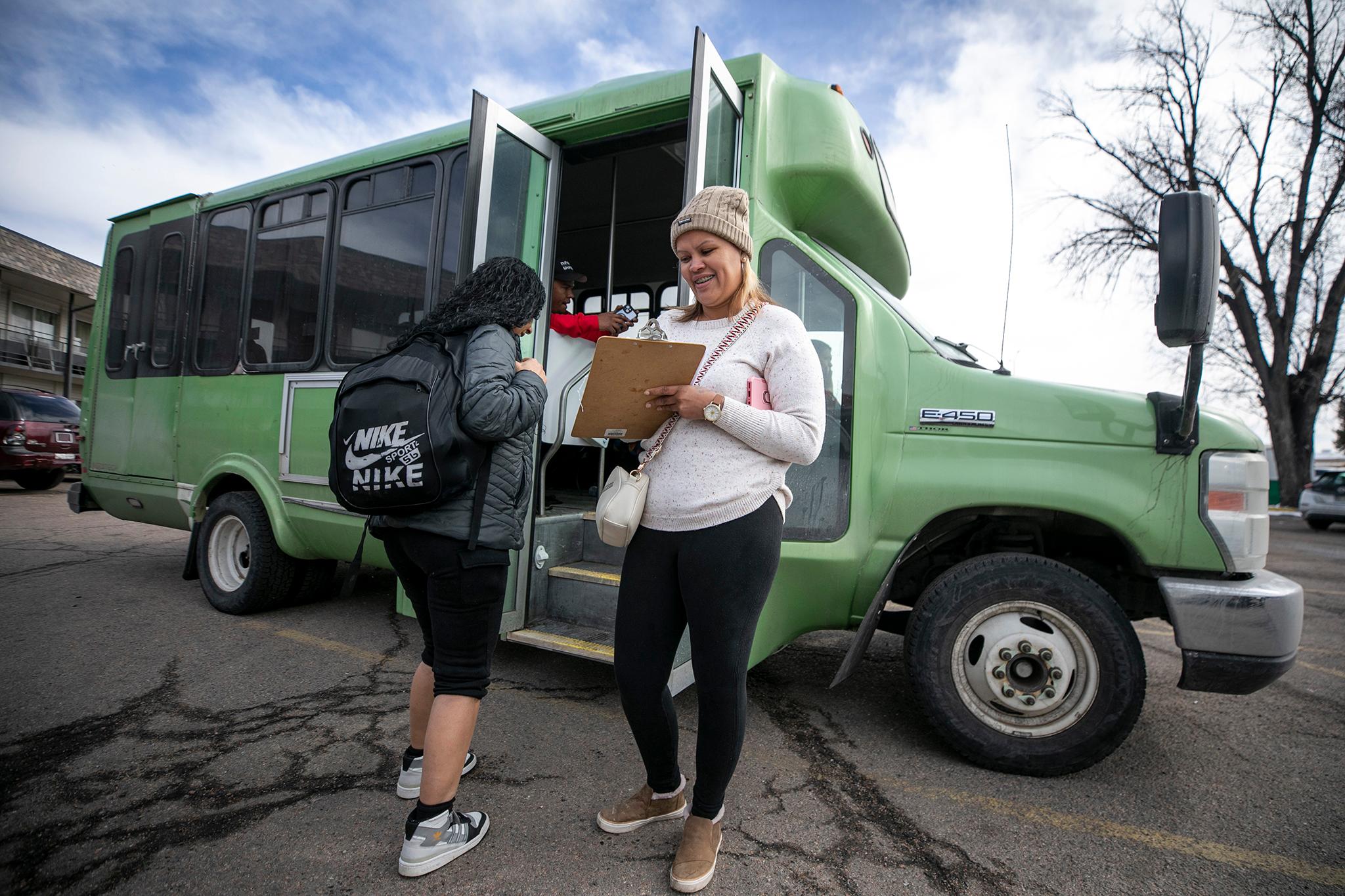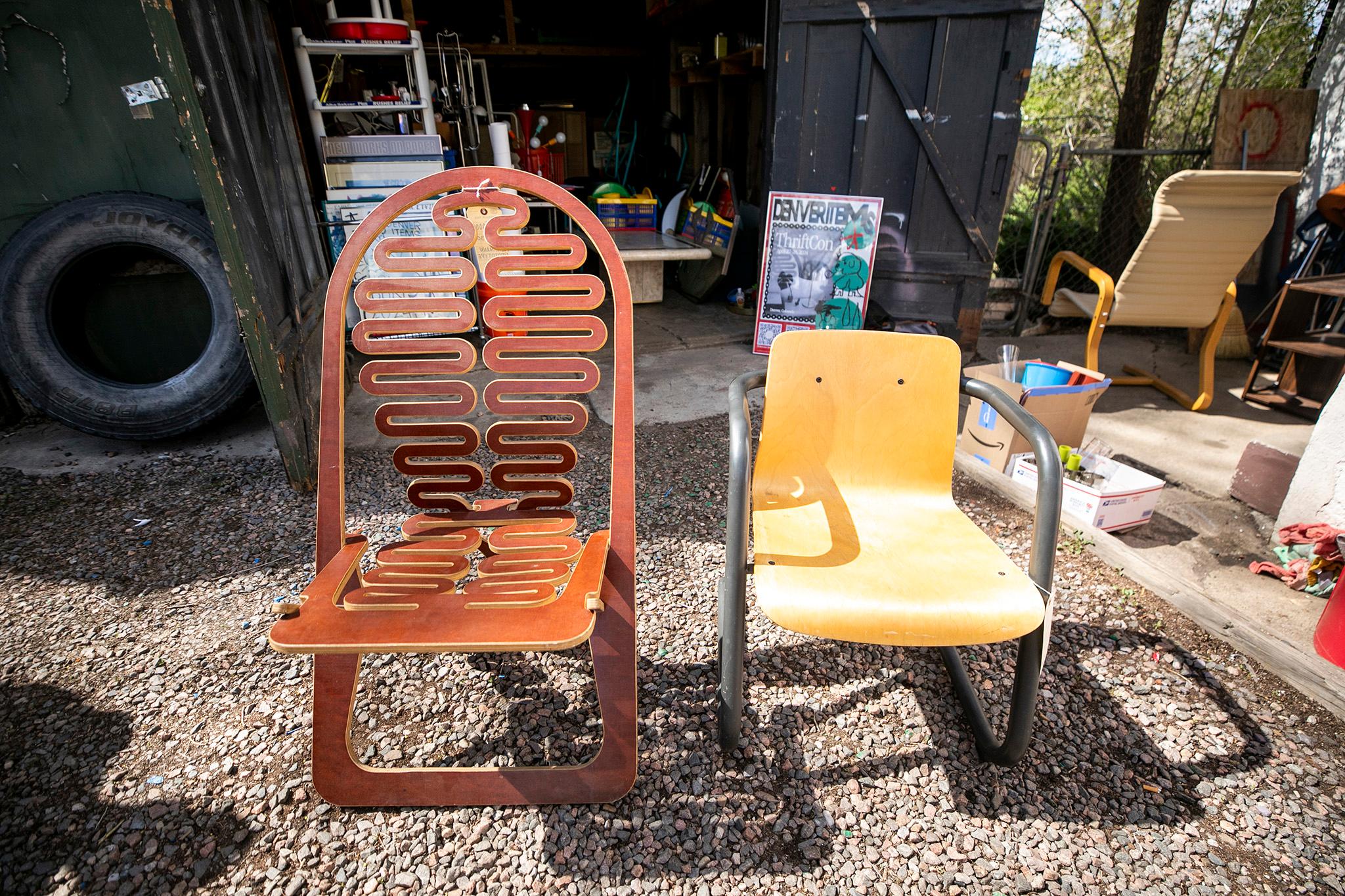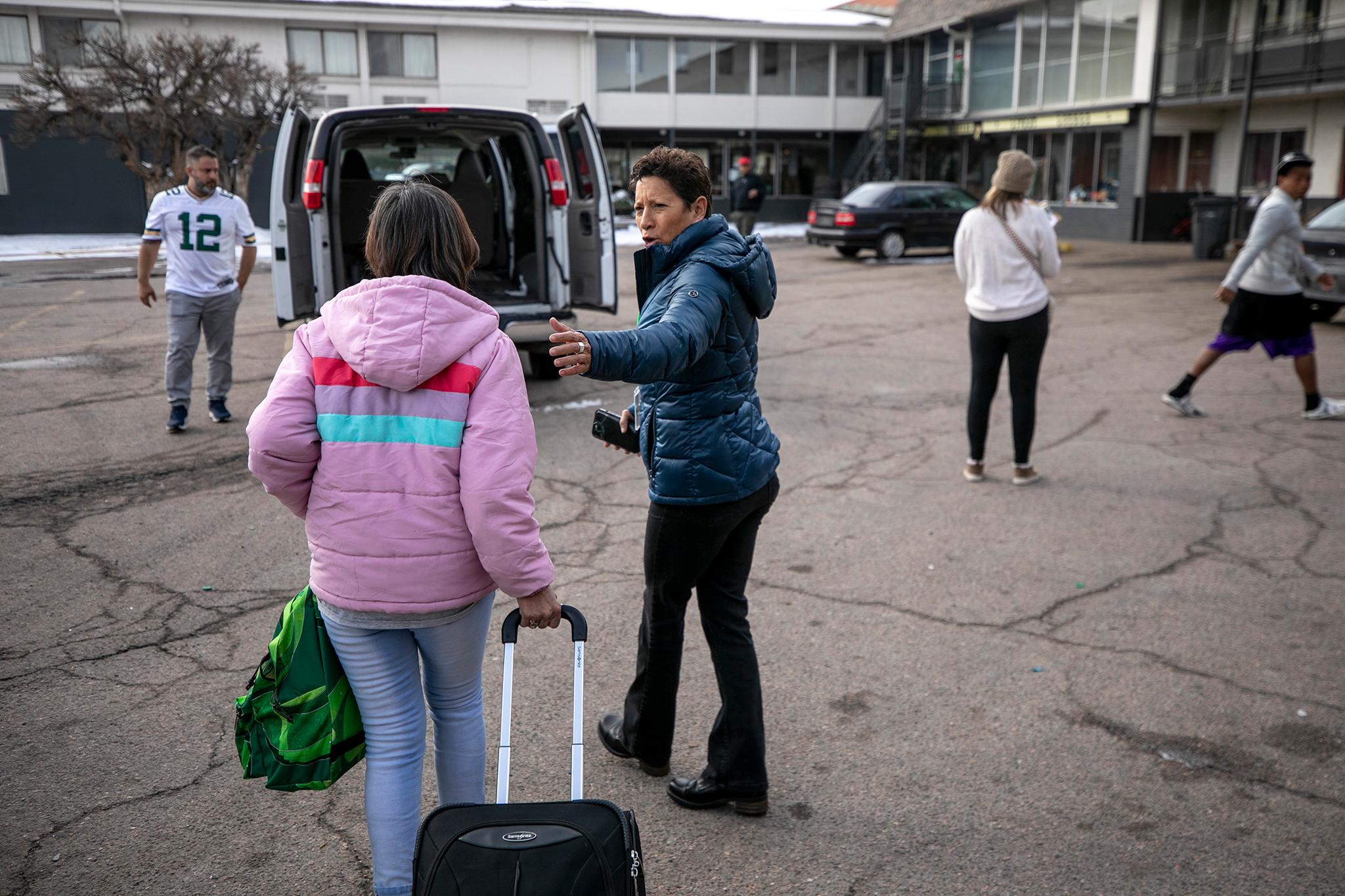A judge gave a Stapleton couple accused of flouting the city's short-term rental regulations more time for what an attorney indicated were discussions with prosecutors to resolve their felony cases.
Stacy and Alexander Neir were scheduled to make a plea Monday to a charge each faces of attempting to influence a public servant by means of deceit. Instead, at the request of their lawyers, Denver District Court Judge Kenneth Laff set a new arraignment date, Oct. 7.
"We're hoping we can resolve this case," Dan Recht, the attorney representing Alexander Neir, told Laff as he stood before the judge with the couple.
Recht added during the brief hearing that talks were underway with prosecutors about circumstances he said could exonerate the Neirs or lessen the severity of their actions. Recht did not elaborate after the hearing. Spokeswoman Carolyn Tyler said the Denver district attorney's office could not comment because the case was ongoing.
The primary residence provision, included in regulations Denver adopted in 2016, was meant to ensure that short-term rentals don't undermine efforts to preserve and create affordable housing in the city. A short-term rental landlord might be someone who travels often or just rents out one room of a primary residence.The Neirs are the first of four people charged with the same felony since June. All are accused of violating the requirement that owners of a short-term rental unit (the type posted on AirBnb and other sites, for example) live at the site they're renting. The charge stems from allegations that they made false statements in notarized affidavits about their residences in order to obtain licenses to operate short-term rentals.
In an April report prepared for the city's business licensing department, a Denver Economic Development and Opportunity analyst cited studies showing higher rents in Boston neighborhoods with a high density of short term rentals. And nationwide evidence links increases in short-term rental listings and increases in rents and home prices. It's also a global issue, with concern that short-term rentals are transforming neighborhoods in Amsterdam, Barcelona, Venice and elsewhere by increasing housing costs and drawing an influx of tourists.
DEDO analyst Katherine O'Connor, who presented her findings earlier this month at a regular meeting of the Short-Term Rental Advisory Committee, said short-term rentals so far do not appear to be influencing housing costs in Denver, in part because they make up just 1 percent of the city's housing stock. The percentage varies from neighborhood to neighborhood, but O'Connor found that even in areas with the highest percentage of short-term rentals -- 4.3 percent -- home prices rose only moderately more than they did in the city as a whole and rents rose little more. She noted it was difficult to isolate the impact of short-term rentals among many factors affecting prices.
"One of the key factors mitigating the potential for short term rentals to increase housing costs in Denver is Denver's requirement that a short-term rental must be a host's primary residence," O'Connor said. "This prevents investors from purchasing housing that would otherwise be used for normal, long-term residential purposes, thereby decreasing the housing supply and inflating prices."
Short-term rentals can be an important source of revenue for moderate- and low-income homeowners and even renters. Short-term rental hosts made that point repeatedly earlier this month at the meeting of the Short-Term Rental Advisory Committee, which brings together entrepreneurs, politicians and other community members to advise the Department of Excise and Licenses. During the meeting, realtor Sabrina Zunker urged Excise and Licenses to keep business interests in mind.
Afterward, she said she had been hearing a lot about the felony cases against short-term rental hosts.
"It seems like it's becoming a little too aggressive," she said.
During the meeting, Brian Snow, the short-term rental compliance officer at Excise and License, said publicity around the court cases had led people who held licenses for multiple properties to voluntarily surrender improperly obtained licenses. He described turning cases over to the district attorney as a last resort. Requests for the affidavits that led to the criminal cases began in March and are made only if a strong possibility exists that the property in question is not the landlord's primary residence. Snow said most people who are not planning to rent their primary residences abandon their applications for licenses when they're asked to attest they are following the rules.
Licenses to operate short-term rentals have been required since Jan. 1, 2017 and cost $25. Hosts must also lodger's and other taxes.
Earlier this month, BusinessDen reported that a homeowner was suing the city after it refused to renew a short-term rental license for her Cherry Creek house on the grounds that it was not her primary residence. Karyn Contino, a realtor, also has a home in Breckenridge and says she spends most of the year at her Denver home.












